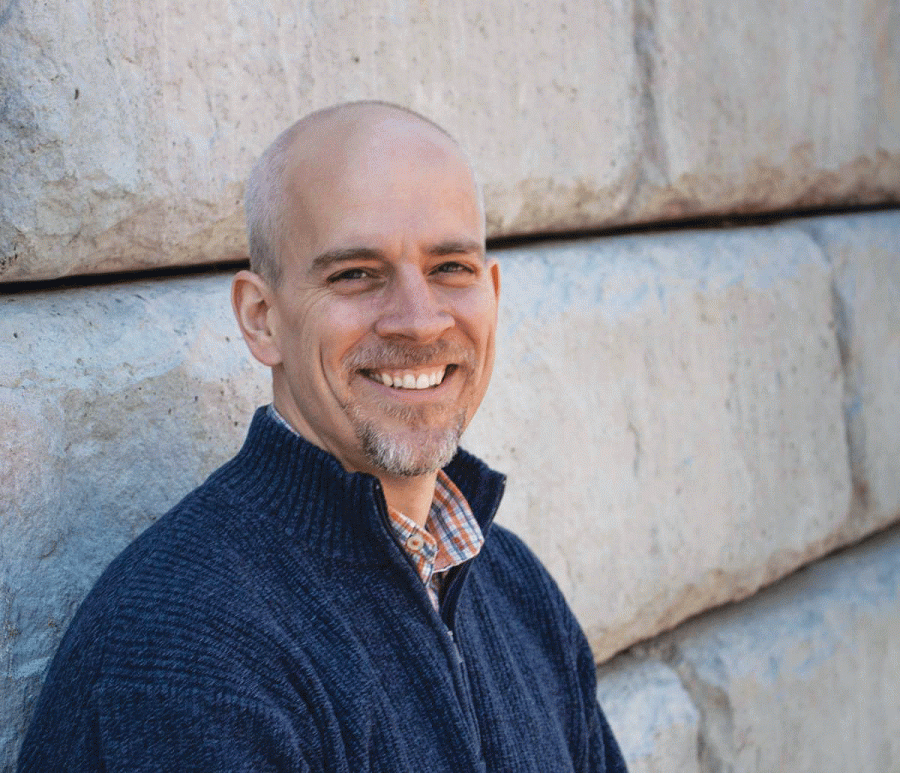Examining Philosophic Relationships Between Mind and Body
Purdue University Professor discussed theories pertaining to connections between mind and body. He discussed materialism, substance dualism and trialism.
Among the variety of events that take place on Colgate’s campus every week, a recent presentation created a temporary niche for those who have a vast knowledge and keen interest in philosophy. On Wednesday, November 1, Professor Jeffrey Brower from Purdue University spoke at the Philosophy Colloquium in Lathrop Hall. Here, Brower presented his views on Thomas Aquinas’ theory of hylomorphism, the philosophy of the mind or the relationships between the human mind and body.
Professor Brower used existing philosophies to create a platform for explaining the complicated idea of hylomorphism. The first is materialism, where every aspect of a human is made of physical matter, including consciousness. Next is substance dualism, which argues that the mind and body are two separate “substances” independent of one another. Lastly, trialism keeps the two distinct substances of the mind and body, but adds that they combine to make a unique substance.
In regard to Aquinas’ position, Brower compares and contrasts hylomorphism with all three positions.
“I shall argue that to appreciate the significance of his position, we must consider its relationship not only to materialism and substance dualism, but also to a further position, that has tended to be overlooked by all parties in the dispute, namely; trialism,” Brower said.
After explaining each position and relating hylomorphism to each, Bower explained that although it is most like trialism, they are not exactly alike. Therefore, Aquinas’s views must be “sui generis” or exist in their own category.
Brower used the last ten minutes of his lecture to positively define hylomorphism after insisting it is not to be paired with other popular theories such as materialism. In search of this definition, he used Brian Leftow’s simple yet profound analogy to describe human beings as being composed of “souls dipped in dust.” With this helpful image and a handout which illustrated the important points of the discussion, Brower made the material as accessible as possible.
The question and answer portion of the seminar was extensive and challenging for both the attendants and the speaker. Many of those who attended the colloquium were professors and senior philosophy students, yet the complexity of the topic presented a challenge to these bright minds. Senior Lydia Kim wrestled with the bigger picture.
“I think I still have a lot of trouble distinguishing between what’s a true philosophical argument and what’s a matter of value and opinion,” Kim said.
In the end, the event was an excellent cognitive challenge for those with an extensive knowledge of philosophy, yet accessible enough that someone with the most basic knowledge could walk away with a general understanding of Aquinas’ views.
Contact Abby Blair at [email protected]







